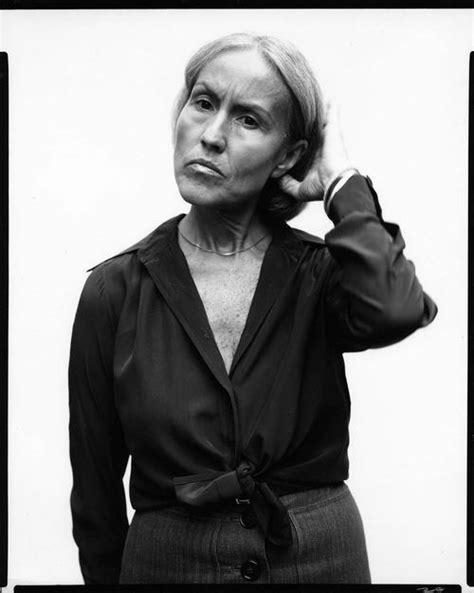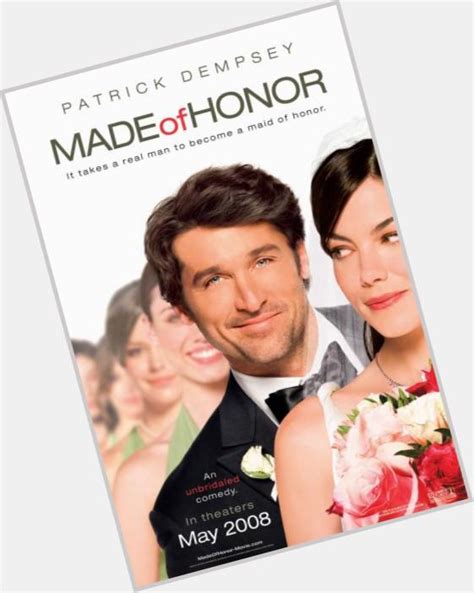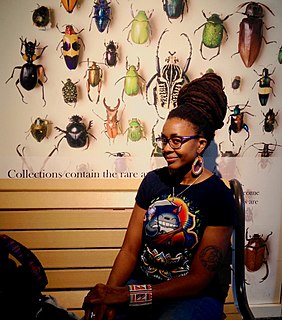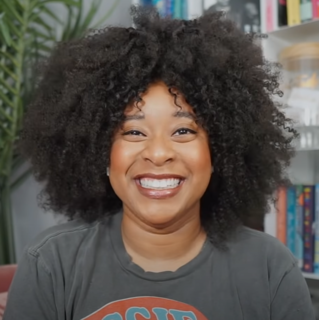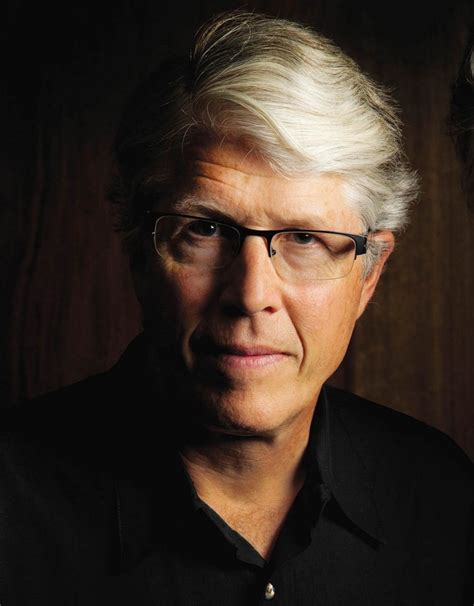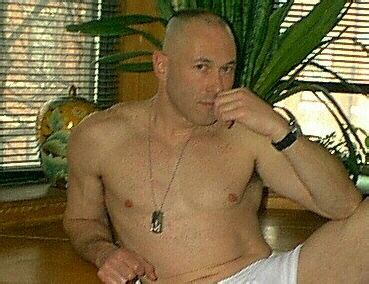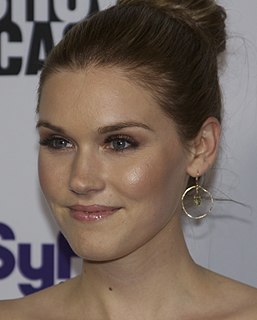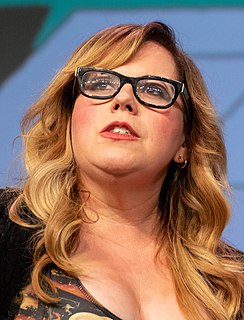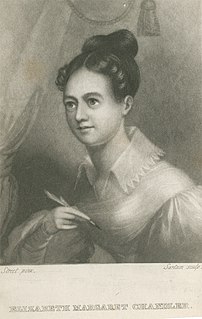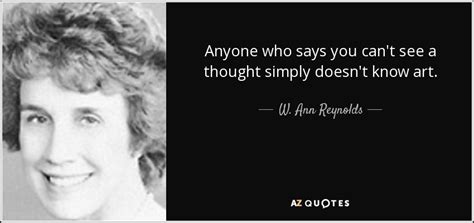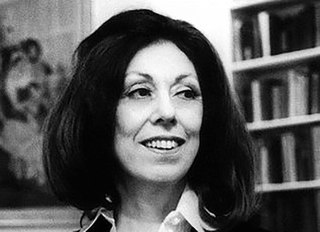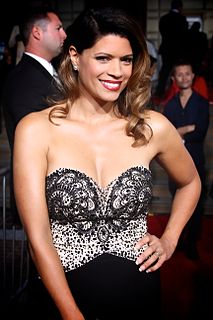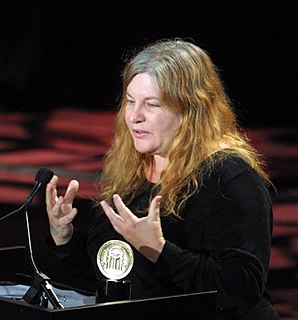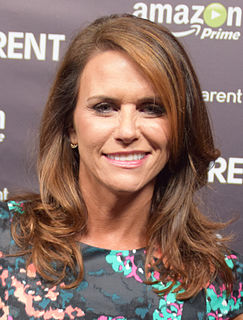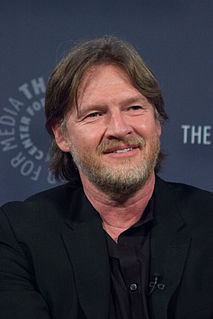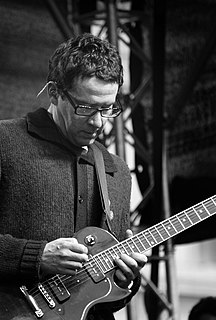Top 1200 Jane Austen Novel Quotes & Sayings - Page 17
Explore popular Jane Austen Novel quotes.
Last updated on December 19, 2024.
For even satire is a form of sympathy. It is the way our sympathy flows and recoils that really determines our lives. And here lies the vast importance of the novel, properly handled. It can inform and lead into new places our sympathy away in recoil from things gone dead. Therefore the novel, properly handled, can reveal the most secret places of life: for it is the passional secret places of life, above all, that the tide of sensitive awareness needs to ebb and flow, cleansing and freshening.
I do think some games are works of art, although their medium is visual rather than verbal. Both games and novels allow the reader/player to become a protagonist in the theater of the imagination. Both build worlds. In my opinion, the big difference between game and novel is in narrative structure. Communal role-playing games are open-plan without an end. A novel - at least the kind I write - has a closed structure with a beginning, a middle, and an end. I like that closed structure, and I feel I can say more with it.
One of my favorite literary theorists, Mikhail Bakhtin, wrote that the defining characteristic of the novel is its unprecedented level of "heteroglossia" - the way it brings together so many different registers of language. He doesn't mean national languages, but rather the sublanguages we all navigate between every day: high language, low language, everything. I think there's something really powerful about the idea of the novel as a space that can bring all these languages together - not just aggregate them, like the Internet is so good at doing, but bring them into a dialogue.
"The Theory of Everything" is an extraordinary story because [Jane Hawing] was incredibly religious and [Stephen Hawking] was an atheist, so you have this conflict both on a domestic level between a couple in a difficult situation but also this bigger conflict of science versus religion, so it's a really fascinating project.
I first heard the term "meta-novel" at a writer's conference in Tulsa, Oklahoma. The idea is that even though each book in a series stands alone, when read collectively they form one big ongoing novel about the main character. Each book represents its own arc: in book one of the series we meet the character and establish a meta-goal that will carry him through further books, in book two that meta-goal is tested, in book three - you get the picture.
What is a novel? I say: an invented story. At the same time a story which, though invented has the power to ring true. True to what? True to life as the reader knows life to be or, it may be, feels life to be. And I mean the adult, the grown-up reader. Such a reader has outgrown fairy tales, and we do not want the fantastic and the impossible. So I say to you that a novel must stand up to the adult tests of reality.
Here's what I want from a book, what I demand, what I pray for when I take up a novel and begin to read the first sentence: I want everything and nothing less, the full measure of a writer's heart. I want a novel so poetic that I do not have to turn to the standby anthologies of poetry to satisfy that itch for music, for perfection and economy of phrasing, for exactness of tone. Then, too, I want a book so filled with story and character that I read page after page without thinking of food or drink because a writer has possessed me, crazed with an unappeasable thirst to know what happens next.
The media has created this environment that is okay to say almost anything about somebody who is, you know, right of Jane Fonda. You know, if you are slightly conservative or even libertarian points of view, especially if you are persuasive and charismatic and funny and effective, you will get called the most appalling things.
When you think about Balenciaga muse and model Charlotte Gainsbourg and Lou Doillon - I mean, you look at their mother Jane Birkin, and what they have grown up to be . . . They aren't invaded in fashion, and yet they love it.I mean, who is going to schlep these big skirts and trains and all these things? How wonderful it is to see the young in miniskirts!
When I was fifteen I wrote seven hundred pages of an incredibly bad novel - it's a very funny book I still like a lot. Then, when I was nineteen I wrote a couple hundred pages of another novel, which wasn't very good either. I was still determined to be a writer. And since I was a writer, and here I was twenty-nine years old and I wasn't a very good poet and I wasn't a very good novelist, I thought I would try writing a play, which seems to have worked out a little better.
Yes sir. You can be more careless, you can put more trash in [a novel] and be excused for it. In a short story that's next to the poem, almost every word has got to be almost exactly right. In the novel you can be careless but in the short story you can't. I mean by that the good short stories like Chekhov wrote. That's why I rate that second - it's because it demands a nearer absolute exactitude. You have less room to be slovenly and careless. There's less room in it for trash.
A human being creates complexity by writing a novel on the surface of paper; a weather system creates complexity by writing waves on the surface of an ocean. What is the difference between the information carried in the words of a novel and the information carried on the waves of the sea? Listen, and the waves will speak, and someday, I tell you, you will write your thoughts on the surface of the sea.
You ask whether I have ever been in love: fool as I am, I am not such a fool as that. But if one is only to talk from first-hand experience, conversation would be a very poor business. But though I have no personal experience of the things they call love, I have what is better - the experience of Sappho, of Euripides, of Catallus, of Shakespeare, of Spenser, of Austen, of Bronte, of anyone else I have read.
I'm always looking for context in which people tell stories. In "Fight Club" it's these support groups for dying people, and then in "Choke" it's 12-step recovery groups. In one novel it's artists' colonies, in another novel it's a diary form that submariners' wives typically keep so that when their husband comes back from serving on a submarine they have an accounting of their spouse's time. So I'm always looking for, number one, a non-fiction context - because you can tell a more outrageous story if you use a non-fiction form.
If it is written and read with serious attention, a novel, like a myth or any great work of art, can become an initiation that helps us to make a painful rite of passage from one phase of life, one state of mind, to another. A novel, like a myth, teaches us to see the world differently; it shows us how to look into our own hearts and to see our world from a perspective that goes beyond our own self-interest.
I love the Sixties with Julie Christie and Jane Birkin - those natural English beauties. That's the look that is most me, when I wore the tight-to-the knee dresses. I don't think I bleached my hair until I was 20. I like experimenting for big occasions, though. You've always got to do a bit of a number for the birthday!
As an artist your first loyalty is to your art. Unless this is the case, you're going to be a second-rate artist. I don't mean there's never any overlap. You learn things in one area and bring them into another area. But giving a speech against racism is not the same as writing a novel. The object is very clear in the fight against racism; you have reasons why you're opposed to it. But when you're writing a novel, you don't want the reader to come out of it voting yes or no to some question. Life is more complicated than that. Reality simply consists of different points of view.
Lazy Line Painter Jane - it was an insane way to make a record! It was just in a church hall, no separate rooms for instruments, and a crappy digital desk, and I think it's fantastic. I think it's one of the best records we ever made. But if you actually said that to a professional recording engineer or producer they'd laugh at you.














